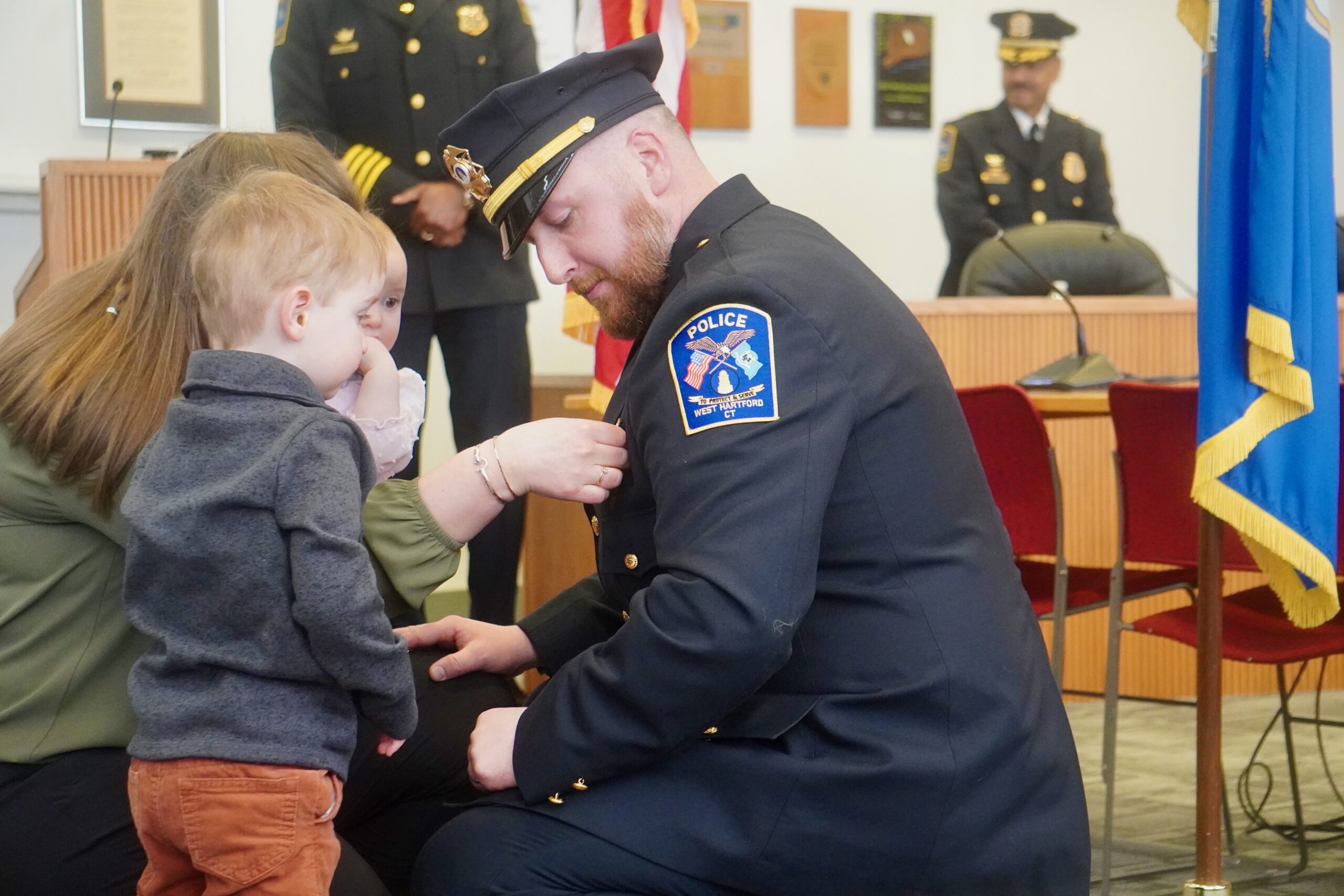When Should I Seek Help for My Child?

Audio By Carbonatix

Submitted photo
The West Hartford-based Bridge Family Center offers advice on what to look for and how to determine if your child needs help.
Submitted by Christopher Dutton, LCSW, Clinical Director of Community and School Services
Even though they do not admit it, and it sometimes seems like they are actively doing the opposite, children and teens look to adults to guide them and help them understand and make sense of the world around them.
At this moment in our history, there are so many things going on in the global, national, and local community. We are trying to navigate a pandemic, a very contentious political climate, social and racial justice issues, and the fact that it seems like everything is controversial.
Even the most typically even-keeled people are finding the events of the past year pretty stressful. Reasonably well-adjusted adults are struggling to make sense of the world right now, and people who typically seem to have “it” figured out are finding “it” creeping into daily conversations and attitudes.
Despite many parents’ attempts to keep their children shielded from at least some of the realities of current events, it is not reasonable to believe that they are not aware and having their own feelings and reactions to the world around them. For one thing – school and learning is disrupted. Kids spend increasing amounts of time online, being exposed to news, talking with peers and friends, and hearing and reacting to adult conversations and subtle shifts in attitude.
The youth in our community are absorbing the same stressors – without the adult sense-making skill that many of us have acquired over the years.
It is expected that some of our youth may be having difficulty functioning at their typical level. In fact, it is likely that most folks are not functioning typically. But when should a parent start to worry that their child’s difficulties are not manageable on their own?
For some parents, it may be intimidating to consider seeking a therapist’s assistance. The following points can help a family determine if the time is right:
- Significant distress, and persistent irritability or sadness: A young person will become sad or angry following a triggering event. If this irritability, sadness, or other emotionality persists for more than a week or so after the event and does not seem to be subsiding, it may be time to reach out for help.
- Loss of interest in enjoyable activities, and a hard time looking forward to things: As youth become pre-occupied with their negative thoughts or worries, they often find that the things that they typically look forward to do not draw the same excitement or pleasure. At times, they may even avoid things they previously enjoyed.
- Disrupted sleep: This is a tough one, especially now. Sleep patterns are disrupted because their school schedules are altered. Some of this disruption is due to kids staying up too late – that is to be expected. However, if your child is having a hard time either falling asleep or staying asleep and they want to be sleeping, this may be a sign that their worries are interfering.
- Regression in behavior: Parents might notice some “younger” behaviors emerging in their children. Elementary aged children may have an increase in tantrums that remind parents of the preschool years. Older children and even teenagers may become “clingy” with their parents.
- Decrease in performance in school: Even in the midst of a pretty non-traditional school year, many students are doing well and have adjusted. Youth are resilient, after all. However, if your child begins to show a marked decline in their academic performance, this is a good sign that they may be having a tough time managing their emotions or worries.
- Self-harm: Any time that a young person hurts themselves, it is cause for alarm. This is a complicated topic, best walked through with the assistance of a caring mental health professional. Don’t panic, but please reach out for assistance as soon as possible.
- Talking about, or thinking about death: One of the diagnostic criteria for depression is when a person has near constant thoughts of death. During a pandemic, many of us are likely thinking more about death than we would typically. With that being said, it is important to pay attention to an increased pre-occupation with death. In the event that your young person has expressed a desire to end their life, please seek immediate emergency assistance by calling 211 or 911.
- Any combination of the following: obsessive behavior, negative self-comparison, psychosomatic complaints, conflict within relationships and/or loss of friendships, drastic changes in routine or daily activities, use of drugs, alcohol or other unhealthy coping skills.
Childhood and adolescence are difficult times even in the best of circumstances. Some of the above signs might be manageable on their own. And certainly sometimes these difficulties emerge and resolve naturally. However, especially during these uncertain times, it is never a bad idea to ask for help.
Please call the Bridge Family Center at 860-313-1119 to make a counseling appointment for your child or family.
Like what you see here? Click here to subscribe to We-Ha’s newsletter so you’ll always be in the know about what’s happening in West Hartford! Click the blue button below to become a supporter of We-Ha.com and our efforts to continue producing quality journalism.



